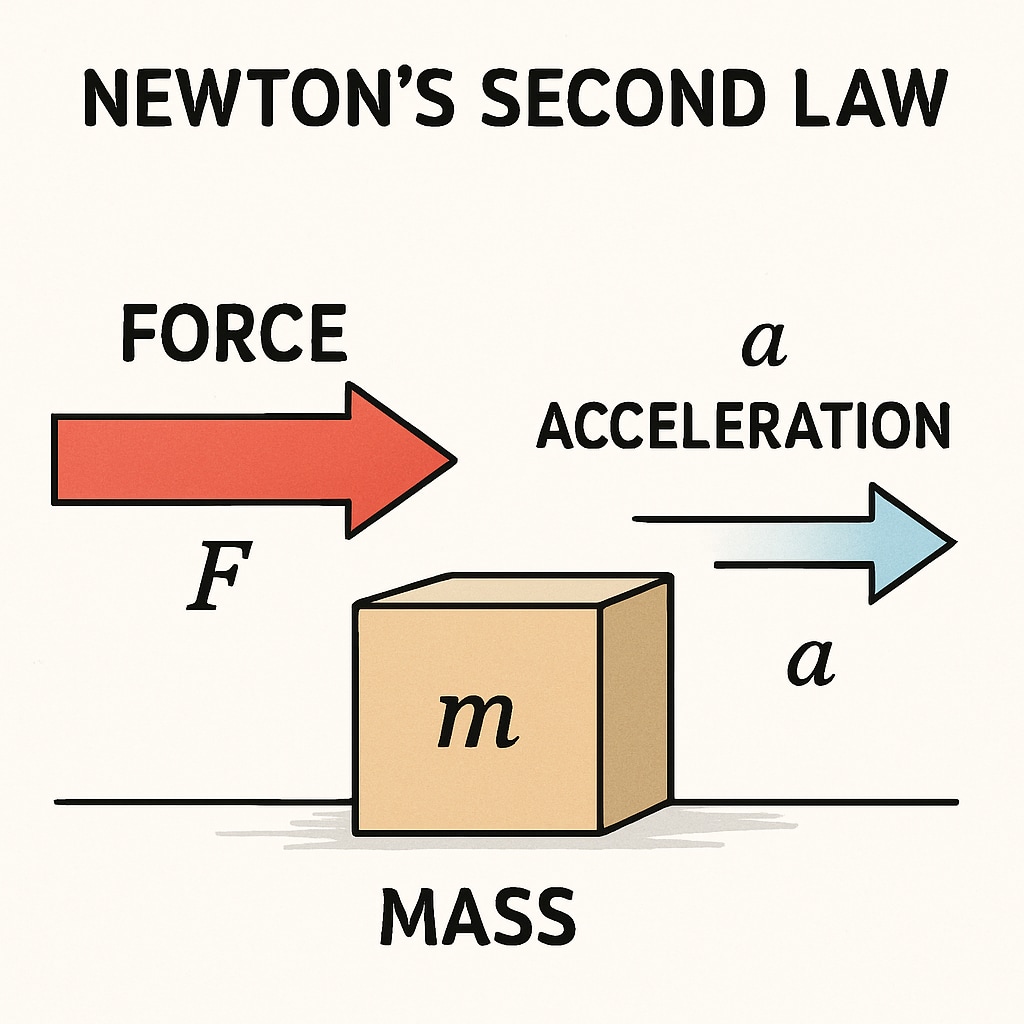When faced with the challenge of managing physics backlogs, time management, study strategy becomes essential. Whether you’re juggling multiple physics courses or balancing personal commitments, the pressure to stay on top of your studies can feel overwhelming. However, a well-structured approach can help you regain control and make significant progress in a short amount of time. This article explores practical strategies to clear your physics backlogs effectively.
Identifying the Scope of Your Physics Backlogs
Before diving into a solution, you need to assess the extent of your backlog. Take time to identify which topics or chapters have been neglected and rank them based on their importance and difficulty. For example:
- Chapters that form the foundation for future topics (e.g., Newtonian mechanics, electricity).
- Topics where you scored poorly on past tests or assignments.
- Concepts that are frequently tested in exams.
Creating an inventory of your backlogs allows you to allocate your time and energy effectively. Use a checklist or planner to track your progress as you tackle each topic.

Time Management: Breaking Down the Workload
Effective time management is critical for overcoming academic backlogs, especially in physics, which requires both conceptual understanding and problem-solving skills. Here are some time management techniques to implement:
- Set Realistic Goals: Divide your available study time into manageable blocks, focusing on 1-2 topics per session.
- Utilize the Pomodoro Technique: Study for 25-minute intervals followed by a 5-minute break. This method keeps your focus sharp.
- Prioritize Active Learning: Spend more time solving problems and less time passively reading.
- Eliminate Distractions: Turn off notifications and create a dedicated study environment.
By structuring your time wisely, you can cover more material without feeling overwhelmed. For further tips on time management, you can refer to resources like Time Management on Britannica.
Effective Study Strategies for Physics
Once your schedule is in place, the next step is adopting the right study strategies. Physics requires a combination of theoretical understanding and practical application. Here are some approaches to optimize your learning:
1. Master the Basics
Physics builds on foundational concepts. Ensure you have a strong grasp of basic principles like force, energy, and motion. Revisit earlier chapters before tackling advanced topics.
2. Focus on Problem-Solving
Practice is key to mastering physics. Work through textbook problems, past exam papers, and online resources. Start with easier problems to build confidence and gradually move to complex ones.
3. Use Visual Aids
Physics concepts often involve diagrams, graphs, and illustrations. Create visual summaries of challenging topics to make them easier to understand. For example, draw free-body diagrams to analyze forces in mechanics problems.
4. Leverage Online Resources
Platforms like Wikipedia’s Physics Section and educational videos can provide clear explanations of difficult concepts. Use them as supplementary tools to reinforce your understanding.

Maintaining Motivation and Managing Stress
Clearing multiple physics backlogs can be mentally taxing. To stay motivated and manage stress, keep these points in mind:
- Set Milestones: Celebrate small victories, such as completing a chapter or solving a difficult problem.
- Stay Positive: Remind yourself that progress, no matter how small, is still progress.
- Take Breaks: Incorporate short breaks to recharge your mind and prevent burnout.
- Seek Help: Don’t hesitate to ask teachers, friends, or tutors for clarification on challenging topics.
Balancing academics and personal commitments can feel overwhelming at times, but maintaining a positive mindset can help you stay focused.
Conclusion: Achieving Success Despite Limited Time
Clearing physics backlogs under time constraints requires a strategic approach. By assessing your workload, managing your time effectively, adopting efficient study methods, and maintaining a positive attitude, you can overcome this challenge. Remember, persistence is key—stay committed to your plan, and you’ll find yourself making steady progress.
Readability guidance: Use short paragraphs and lists to summarize key points. Incorporate over 30% transition words (e.g., however, therefore, for example) for smoother reading. Minimize passive voice and long sentences while maintaining clarity and professionalism.


